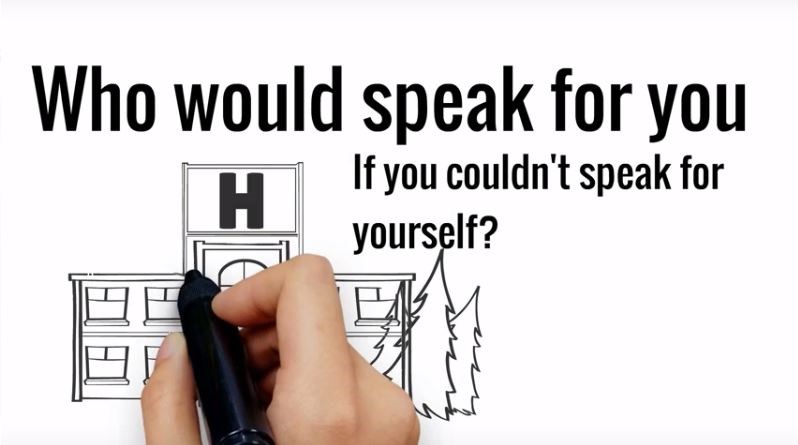It’s a scenario hospitalist Dr. Pol Morton has seen played out all too often in the Burnaby Hospital ER.
A patient – confused or unconscious and deteriorating rapidly – unable to make decisions about medical care.
“If they haven’t spoken to their family,” Morton says, “then we, in the emergency department, are turning to a daughter or a son – and it’s nearly always a daughter – to ask, ‘What would your mother want in this situation?’ And they often don’t know at all. It’s an agonizing decision. At a time when the family are already in angst because of this person’s illness, we’re actually adding to that by asking for some sort of directive as to where we go.”
The best people to make decisions about care are patients themselves, according to Morton.
So, as National Advance Care Planning Day approaches on April 16, he is urging people, while they are still well enough, to talk to their families about what they want and don’t want doctors to do for them if they ever get too sick to speak for themselves.
“This is a conversation that you really should have with your family, for your sake and for your family’s sake,” he says.
In the absence of any input from patient or family, Morton says doctors have to guess what a patient might have wanted.
“We’re worried that we’re not doing what is right for the patient,” he says. “It’s not always right to resuscitate the patient and keep them alive just because we can. But also we don’t want to fall short of what the patient wants.”
Given the shortage of family doctors and their heavy workload, Morton says it’s unrealistic to expect family physicians to initiate advance care planning conversations.
“The best place is actually at home with family, filled in with information from their doctor,” he says.
To help patients with plans and to spark conversations with families, Burnaby Hospital has started sending patients home with completed Medical Orders for Scope of Treatment (MOST) forms in green envelopes with magnets attached so they can be stuck to the fridge at home.
Emergency services personnel now look for the forms for direction in emergencies.
“Another thing about the green envelope is that families see it,” Morton says. “They’ll say, ‘What’s this?’ and it fosters conversation about this issue.”
For more information about advance care planning, including an online workbook, go to www.advancecareplanning.ca/resource/british-columbia.



